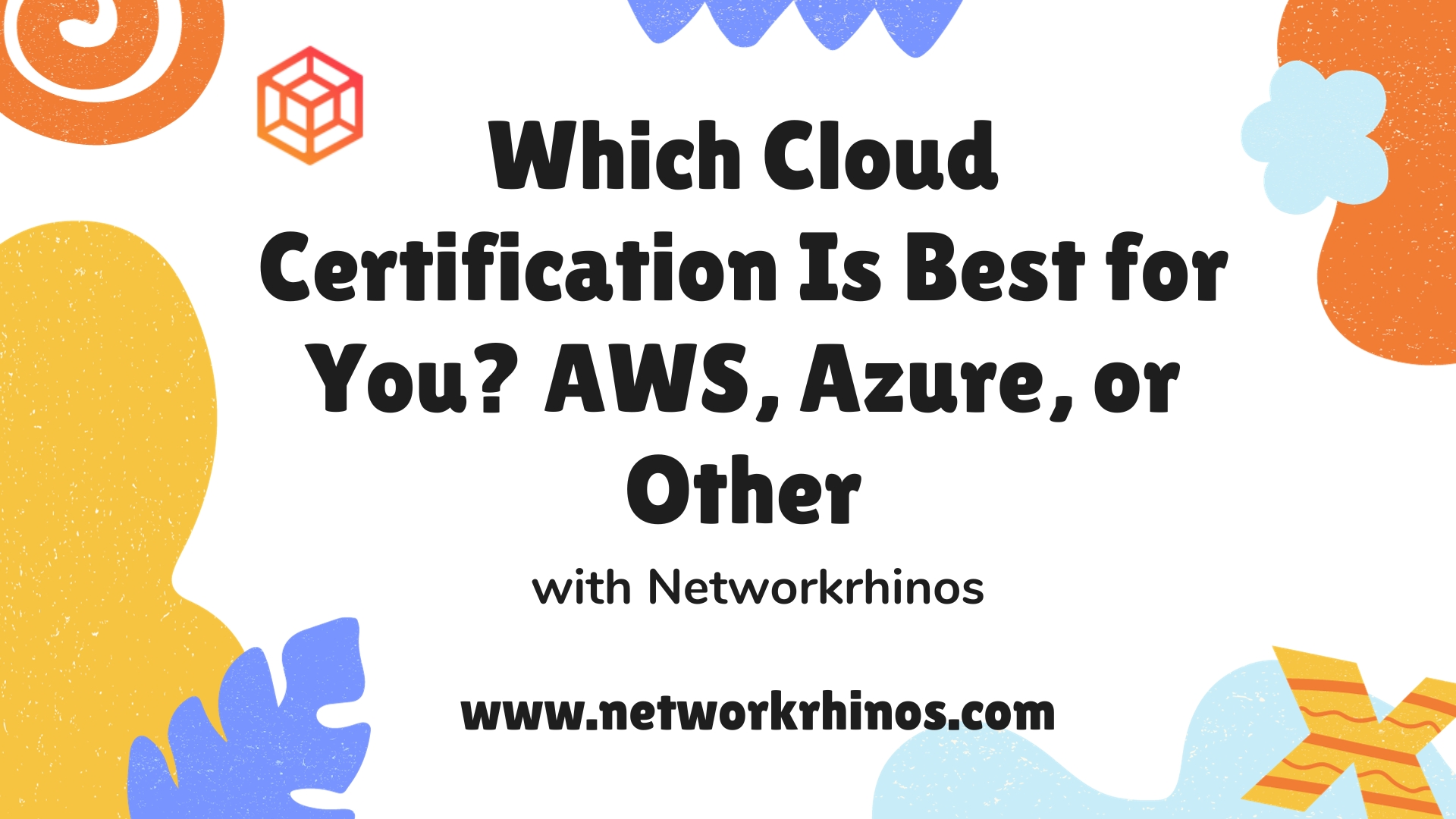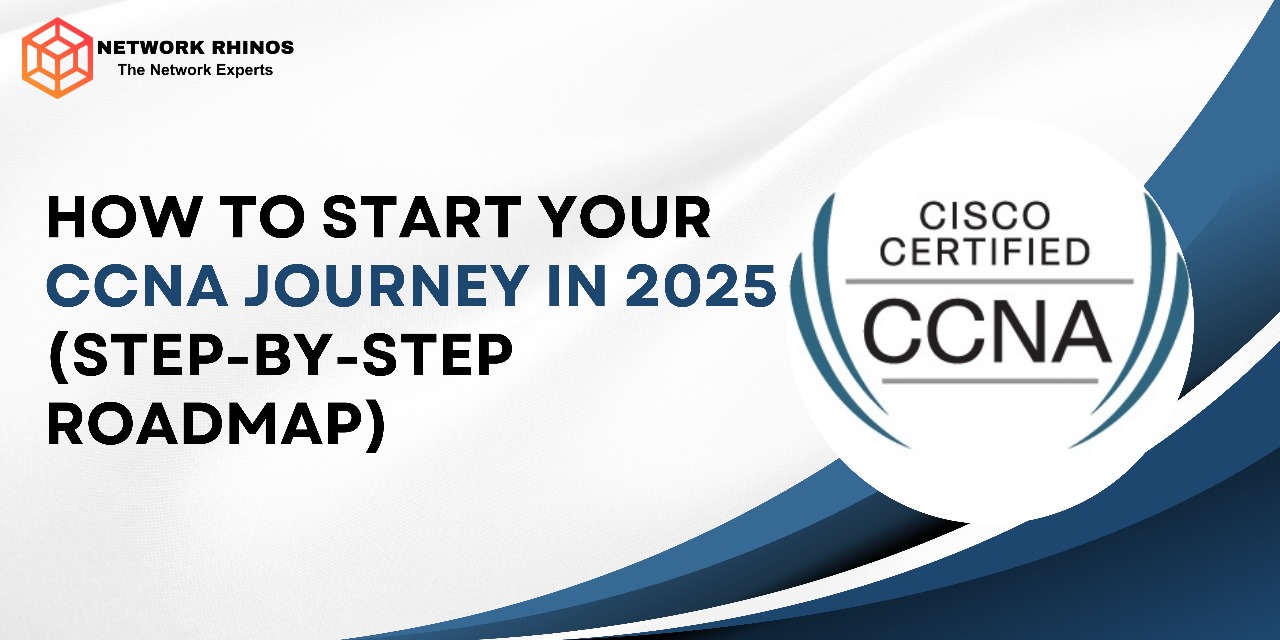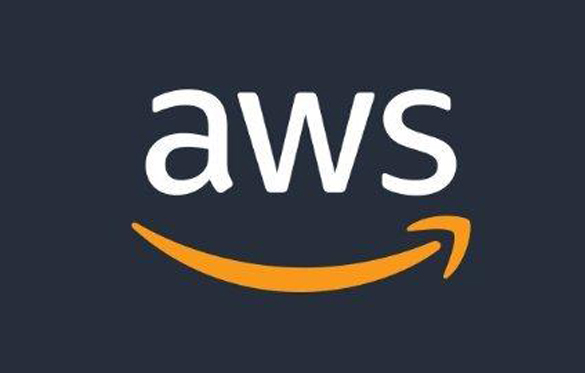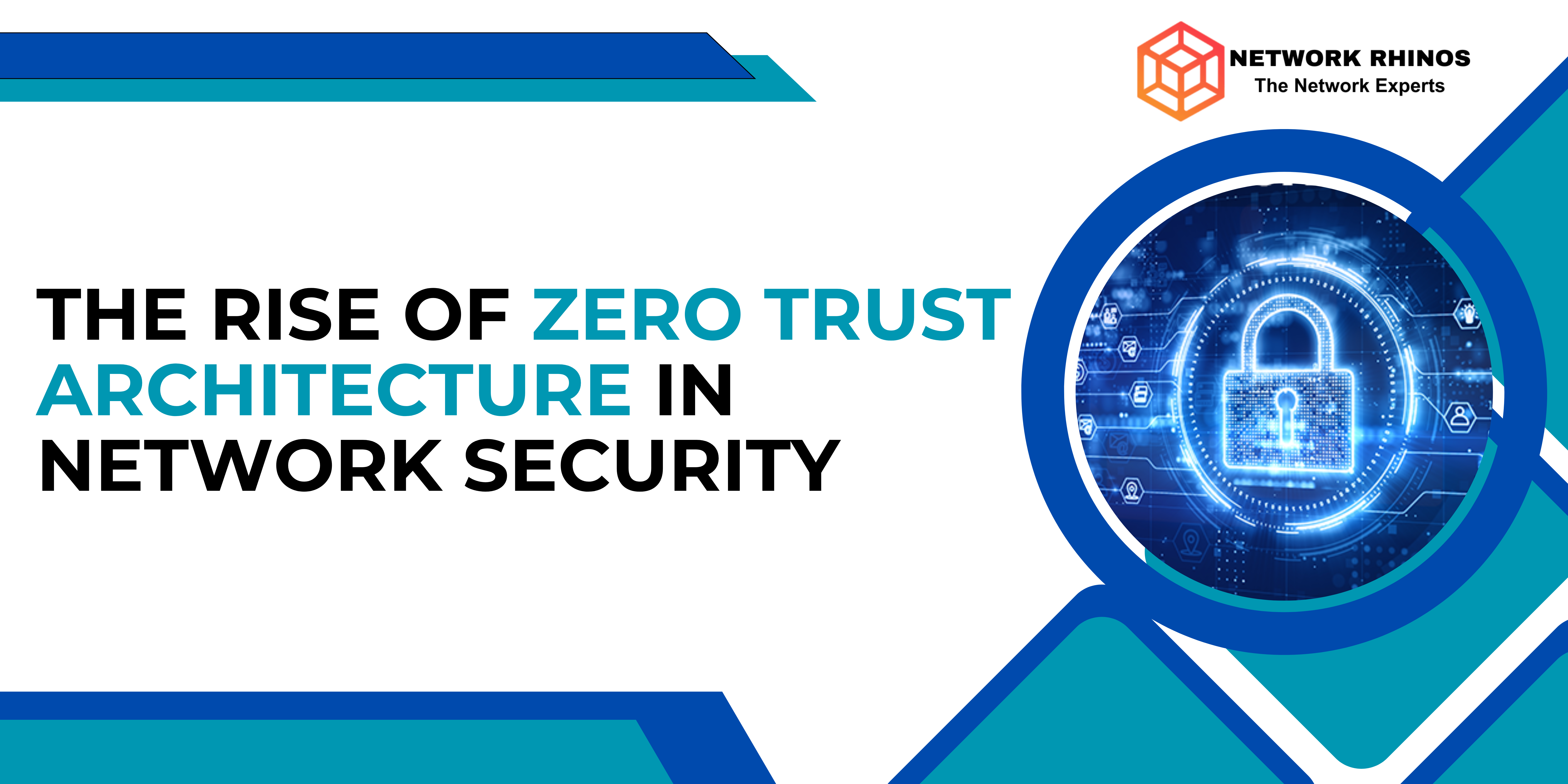Which Cloud Certification Is Best for You? AWS, Azure, or Other
Amazon Web Services (AWS): A Pioneer in Cloud Services
Leading the way in cloud computing is Amazon Web Services (AWS), which offers an extensive array of services and solutions. For those just starting their carrier in this field, the AWS Certified Cloud Practitioner certification is a great place to start. It covers basic cloud principles, pricing methods, security, and AWS services.
Even though Amazon provides a range of certifications suited to various professions and skill levels, some people might be persuaded to look at taking shortcuts, including utilizing “AWS Cloud Practitioner certification dumps.” It is imperative to stress, nonetheless, that using unapproved materials compromises the credibility of the certification procedure and may result in serious repercussions, such as the certification being revoked.
First try to understand what is cloud computing
The act of renting out cloud services (storage, computation, databases, security, etc.) and making them available over an internet-accessible network is known as cloud computing. A number of service providers entered the market and began offering “pay as you go” models for hosting applications, networking, computing, and storage. This meant that individuals may rent these services and only pay for the services they really utilized, for the period that they used them.
AWS, the most sought-after cloud computing and hard skill provider in the market, is a flexible, safe, and dependable cloud service provider. Billions of dollars have been invested by corporations in this service provider, and the number is expected to rise in the near future. The main reason to opt this service is the advantages it gives, the quality of services and support it offers, and the market penetration of Amazon Web Services.
Azure: Microsoft’s Cloud Computing Platform
Similar to how Google has Google Cloud and Amazon has Amazon Web Service, or AWS, Microsoft has its own cloud platform called Azure. In general, it’s a platform that lets us make use of Microsoft’s assets.
For instance, setting up a large server will demand a significant amount of money, time, space, and other resources. That’s where Microsoft Azure comes into play. To make our work easier, it will offer us virtual machines, quick data processing, analytical and monitoring tools, and other things.
Virtualization serves as the foundation for Microsoft Azure. Thus, it has racks just like any other virtualized data center. Every rack has its own network switch and power unit in addition to being integrated with the Fabric-Controller software.
The distributed program known as the Fabric-controller is in charge of overseeing and controlling the servers located within the rack. Should a server die, the Fabric-controller detects and restores it. Furthermore, each of these Fabric-Controllers is linked to an Orchestrator software component. Web services and Rest API are included in this orchestrator to add, edit, and remove resources.
Another significant participant is Microsoft Azure, which provides a wide range of cloud services. Similar to AWS’s Cloud Practitioner certification, Azure Fundamentals offers a baseline understanding of cloud principles and Microsoft Azure services.
Professionals frequently compare AWS and Azure based on how each platform can help them achieve their career objectives. Although AWS has been in the market longer, Azure has made significant progress, particularly in corporate settings. Assessing the particular needs of various businesses and employers is crucial in order to ascertain which cloud certification best fits your professional goals.
Other Cloud Certifications: Google Cloud Platform (GCP), Alibaba Cloud, and More
Although AWS and Azure control the majority of the industry, there are other respectable cloud service providers available. Alibaba Cloud and Google Cloud Platform (GCP), each with an own set of certifications, have also made a name for themselves as reliable providers.
Certain organizational requirements, regional preferences, or industry trends may have an impact on the decision to choose a certification from a provider other than AWS or Azure. Making a decision can be aided by researching the need in your target employment market for these platforms’ relevant skills.
SSH Full Form in AWS: Understanding Key Concepts
SSH is a network protocol that allows users, especially system administrators, to securely access a computer across an unprotected network. It is often referred to as Secure Shell or Secure Socket Shell.
In addition, the group of programs that carry out the SSH protocol are referred to as SSH. Strong password and public key authentication, along with encrypted data transmissions between two computers connected via an open network, like the internet, are all made possible by Secure Shell.
Azure vs. AWS: Which Is Better for Your Career?
Comparing AWS vs. Azure is practically always relevant because these two well-known leaders in the cloud computing industry are AWS and Microsoft Azure. Right now, Azure has a larger user base than AWS, but AWS generates more income.
Simplicity and presentation or documentation
The service has comprehensive, educational documentation, and the AWS interface is feature-rich and easy to use. Azure gathers and centralizes all of your account information. Its documentation, however, is harder to find and comprehend.
License
There is more flexibility and a wider range of capabilities available with AWS licensing. With new SaaS possibilities, Microsoft Azure is easier for Windows administrators to set up.
Network
AWS Virtual Private Cloud (VPC) enables customers to establish private, secure networks in the cloud. Azure makes use of a virtual network rather than a VPC. a VPN gateway that permits data exchange between many networks.
Monitoring and logging capability
Cloud-Watch is used by AWS SageMaker to continuously capture model metrics and data. ML-Flow is the data collection and tracking tool used by Azure ML Studio.
Procedures for implementing apps
To host apps, one simply needs to utilize a few of AWS’s services, such as Elastic Beanstalk, Batch, Lambda, and container services. Apps can be deployed using a variety of Azure features, including functions, batches, cloud services, and app services.





